Posted on 2/20/2024
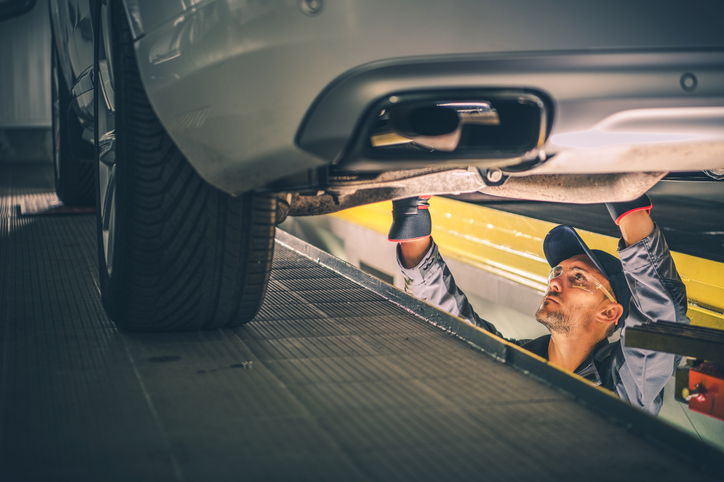
Your vehicle's transmission is a critical component that plays a vital role in keeping your car moving. Regardless of whether you have a manual or an automatic, it’s truly one of the hardest-working systems in your vehicle. However, the importance of regular transmission service often gets overlooked by many drivers—which can lead to expensive repairs. Fortunately, with regular servicing, you can keep your transmission in excellent shape and save money on repair costs over the lifetime of your vehicle. Read on to learn more about the role of your transmission, why servicing is necessary, and some of the tale-tell signs that your transmission needs a little TLC. What Does the Transmission Do? Transmissions perform several vital functions that are essential for how your vehicle operates. Their primary role is to transfer power from the engine to the wheels so that your car can move forward or backward. In automatic transmissions, this process is manage ... read more
Posted on 2/8/2024
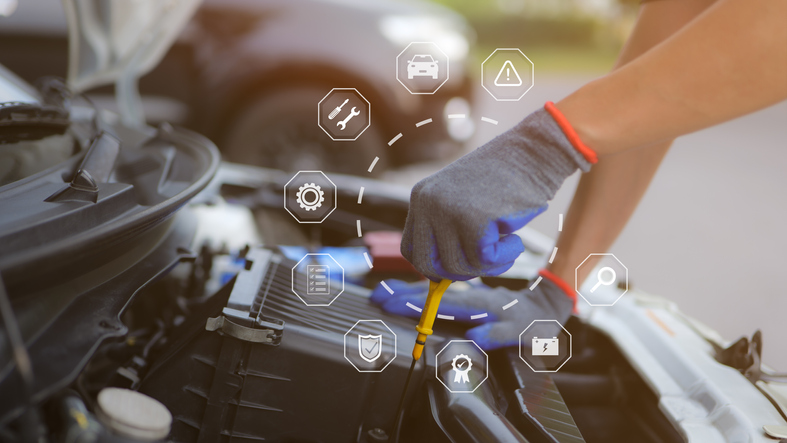
When it comes to maintaining your vehicle, there are two main types of maintenance intervals you’ll need to pay attention to: preventive maintenance and factory scheduled maintenance. Although both are essential for keeping your car in top condition, they have different purposes and approaches to service intervals. In this blog post, we’ll go over the difference between these two types of maintenance, what factory scheduled maintenance typically includes, and address a long-standing misconception about where you need to have your factory scheduled maintenance performed. Preventive Maintenance & Factory Scheduled Maintenance: What’s the Difference? Preventive maintenance involves routine maintenance tasks that are performed at more frequent intervals, such as oil changes and part inspections. Although it’s always best to follow the manufacturer’s recommended intervals, how often you’ll need these services performed often depends on your driving ... read more
Posted on 1/5/2024

How do you know when there’s something wrong with your car? If you’ve had your vehicle for a long time, it’s usually pretty easy to tell when something “feels off,” but a new-to-you car can be trickier because you’re not necessarily going to be very familiar with it. Fortunately, there’s a simple way to spot car trouble regardless of how long you’ve been driving your vehicle-use your senses! Many common vehicle problems can be identified by simply relying on your sense of sight, smell, hearing, and touch. From strange sounds to unpleasant odors, here are some examples of how paying attention to your senses as you drive can be invaluable in determining when your car needs service or repairs. Visual Signs of Trouble Visual cues are often the first indication of a problem. Keep an eye out for: Steam coming from under the hood Excessive or strangely-colored exhaust smoke Dashboard warning lights Fluid leaks underneath your vehicle If ... read more
Posted on 12/29/2023

With the combination of wet roads, reduced visibility, and slippery conditions, the rainy season can be challenging for your vehicle. Fortunately, there are several steps you can take to prepare your car, truck, or SUV for the wet weather ahead! Here are some essential maintenance tips to help you stay safe on the road. Check Your Exterior Lights One of the most important ways to prepare for the rainy season is to make sure all your vehicle's exterior lights are working correctly. Not only do your lights make it easier to see the road during a storm, but they also make your vehicle more visible to other drivers. Check your brake lights, headlights, and turn signals; if any of the lights are burned out, get them replaced. Windshield Wiper Condition Along with your headlights, your windshield wipers play a crucial role in ensuring you have clear vision in the rain. Inspect your wiper blades for any signs of damage, like bent frames or cracked or frayed rubber. Give them a test ru ... read more
Posted on 11/28/2023
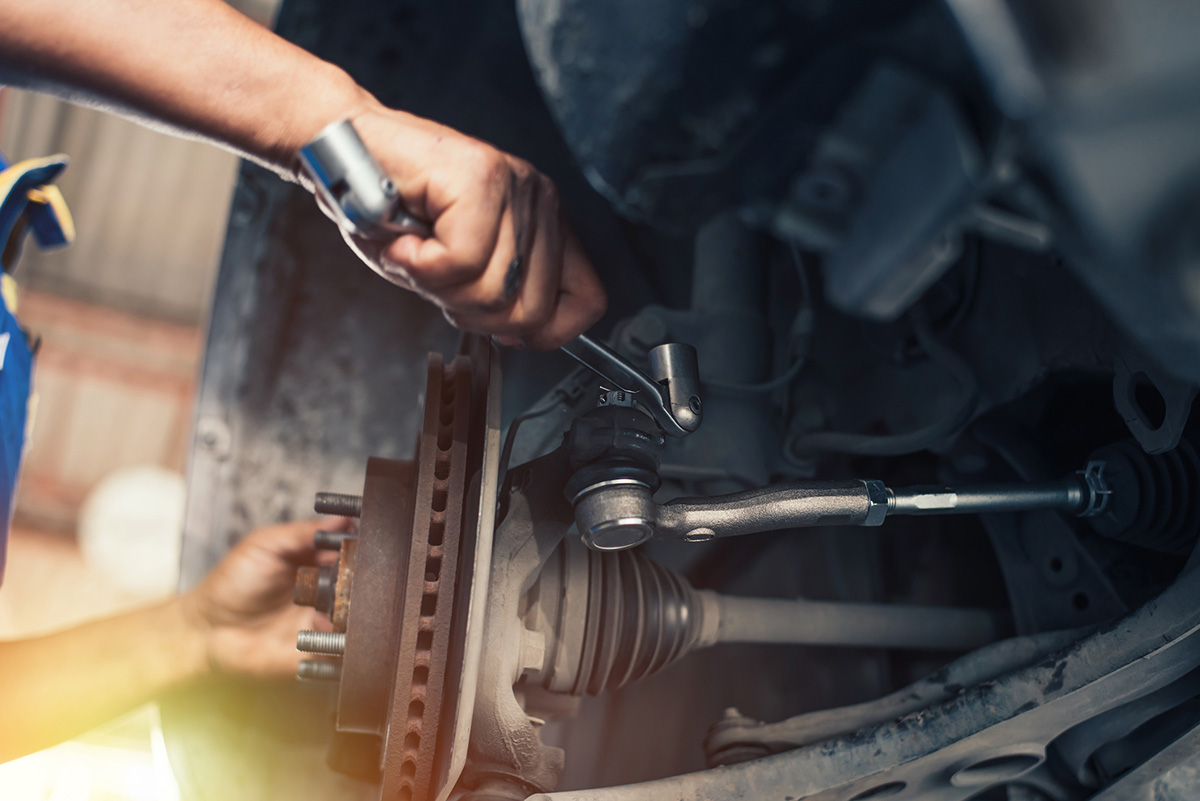
As winter approaches, it’s important to pay close attention to one of the most crucial safety features of your vehicle: the brakes. Being able to spot the early warning signs of brake issues can literally be a lifesaver, especially when you're dealing with rainy, foggy, or icy conditions on the road. To help you spot brake issues before they have a chance to compromise your safety, here are some common signs to watch for. Your Brake Light Is On One of the most straightforward indicators that your brakes need attention is the brake warning light on your dashboard. Most modern vehicles have two brake warning lights: the Antilock Braking System (ABS) and the brake system warning light. The brake system warning light doesn’t just come on when there’s a serious issue—it can also come on if you’ve left the parking brake engaged. However, if you’ve checked the parking brake and the light is still on, you should schedule an inspection. Likewise, if t ... read more
Posted on 10/31/2023

Driving your car is usually a smooth, carefree experience, until one day, it simply refuses to start. If you find yourself in this frustrating situation, there’s a good chance that the issue is being caused by one of two culprits: the battery or the alternator. The good news is that there are several signs that can help you determine which one is causing the problem. Understanding the Dynamic Duo The battery and alternator are essential components in your car’s electrical system that work together to provide power for various functions. The battery is a rechargeable energy storage device that provides the electrical energy needed to start the engine; it also powers electrical accessories (like your lights, power windows, AC, and radio) while the engine is off. The alternator is essentially a generator that produces the electricity needed to recharge the battery and supply power to the electrical system while the engine is running. When everything is working as it should ... read more
Posted on 10/24/2023
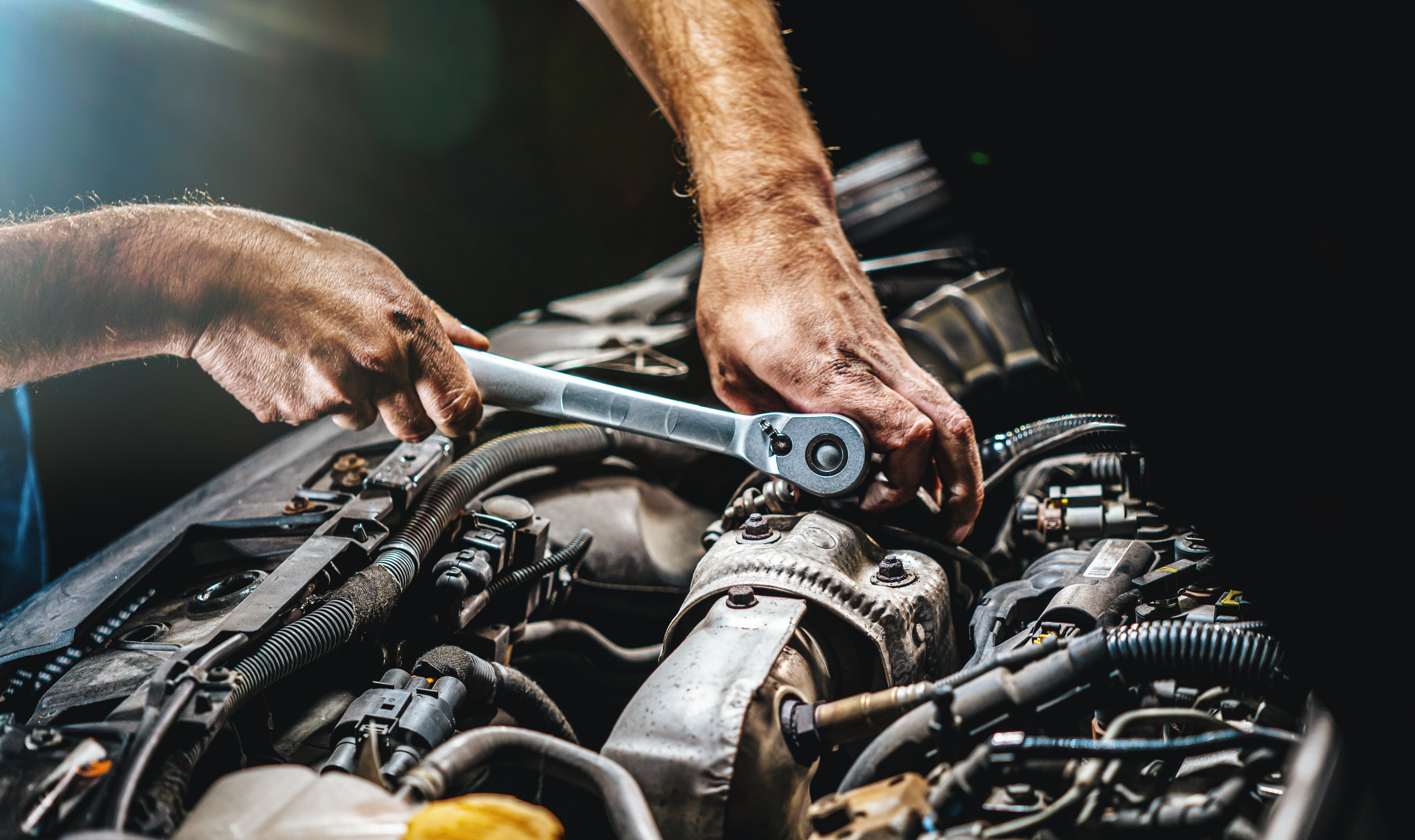
From work commutes to weekend getaways, our cars play a vital role in our daily routines. And just like any valuable investment, vehicles need regular care and attention to keep them performing at their best. Preventive maintenance is all about tackling minor issues before they escalate into major problems, which ultimately prevents breakdowns and saves you money in the long run on repair costs. Although some automotive problems may give you clear warning signs, others can sneak up on you without warning. By taking a proactive approach to your auto care, you can keep your vehicle in top shape and avoid headaches down the road. At RPM Automotive Services, we want to help our customers get the most enjoyment and road life out of their vehicles. Although there are numerous types of preventive maintenance services (and all of them are important!) we’ve compiled a list of four services you should consider scheduling on an annual basi ... read more
Posted on 9/26/2023
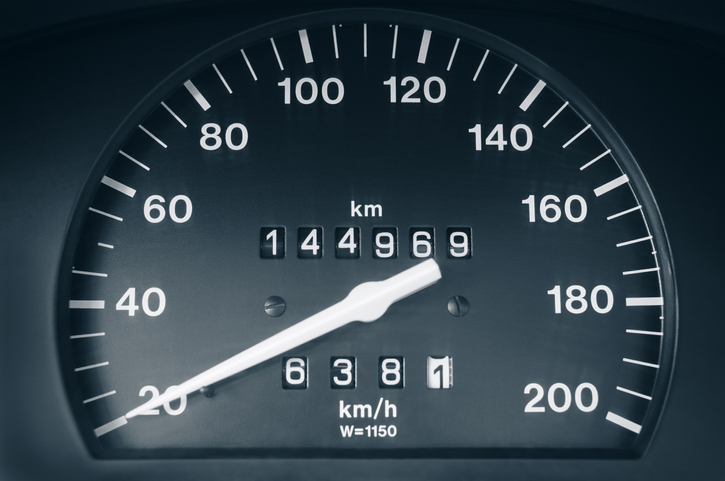
With gas prices averaging over $5.00 a gallon across the Bay Area, it’s little wonder that many drivers are looking for ways to save some money at the pump. Although gas mileage is dependent on many factors, including the type of vehicle you drive, one of the simplest ways to make sure you’re getting the most mileage for your money is to make sure your car is up to date on its regular maintenance. Here are some of the most common issues that can impact your fuel efficiency—and your wallet. Under-Inflated Tires Tire pressure plays a significant role in fuel economy, as well as your safety on the road. Several studies, including one conducted by the U.S. Department of Energy, found that for every 1-psi drop in tire pressure, gas mileage decreases by 0.4%. That might not sound like a lot, but it does add up over time. Tires can lose pressure from regular driving as well as cold temperatures—so it’s important to monitor your tire pressure regularly. A good ... read more
Posted on 9/11/2023
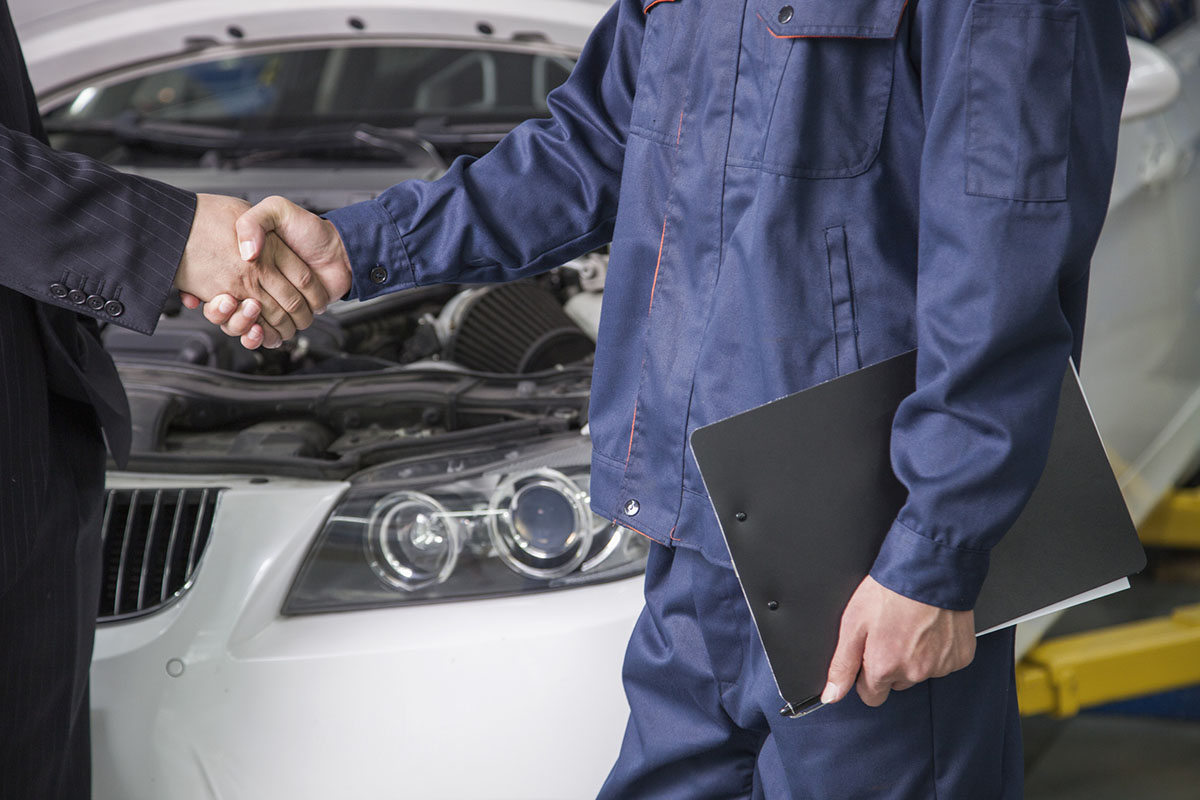
Regular maintenance is essential to keep your vehicle running smoothly and avoid potential breakdowns. Neglecting your maintenance can affect your car's performance and lead to expensive repairs—especially when critical parts like the engine or transmission are involved. While oil changes and tire rotations are important, there are several other maintenance tasks that often slip under the radar. Here are 9 commonly overlooked maintenance tasks and how they play a role in your vehicle's performance and longevity. Transmission Fluid Maintenance While most drivers know to get regular oil changes, the transmission fluid often gets forgotten. Much like engine oil, the transmission fluid keeps the various gears in the transmission cool and lubricated. Over time, the transmission fluid can become dirty and contaminated, which reduces its effectiveness. Transmissions are expensive to repair, so it's important to have yours serviced according to your manu ... read more
Posted on 8/29/2023
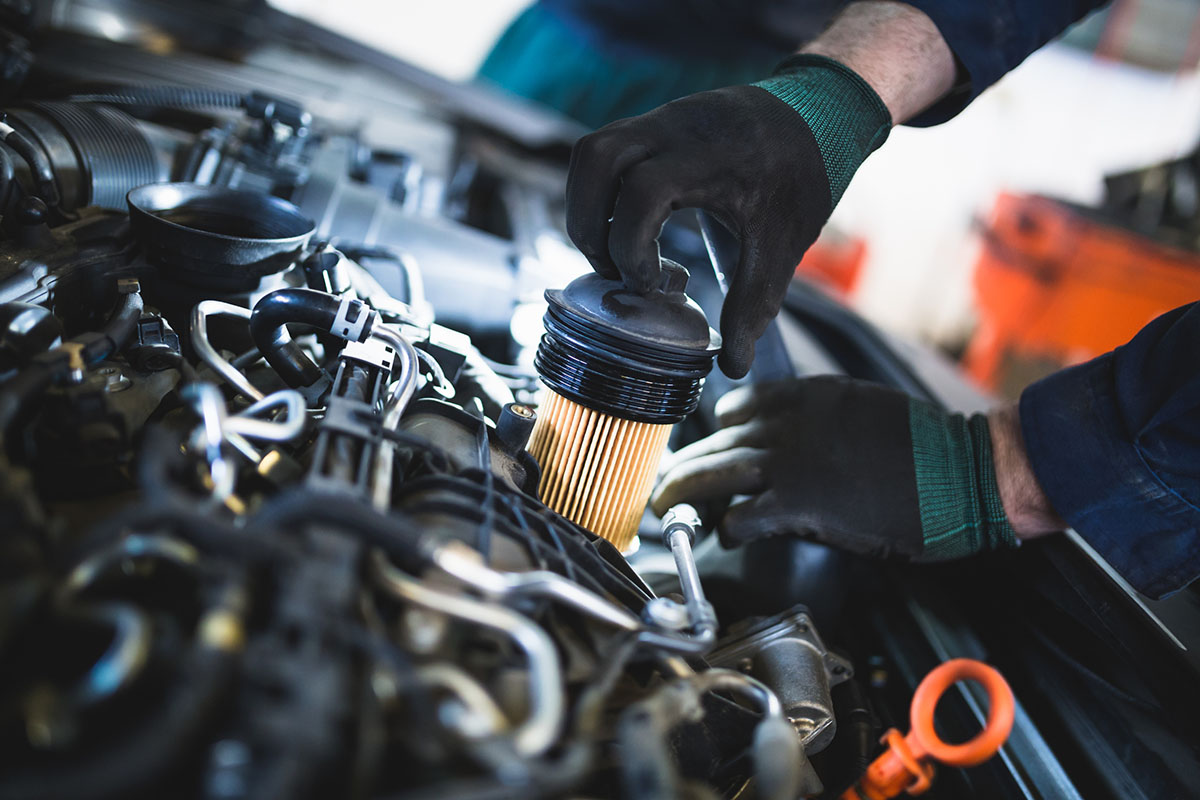
Although you may not think about them very often, your car’s filters play a large role in how your vehicle performs. Most vehicles have four types of filters: the engine air filter, oil filter, cabin air filter, and fuel filter. When these filters become clogged, they can affect how your car runs—or, in the case of the cabin air filter, your cabin air quality. To help you understand why it’s important to replace these filters on a regularly, here’s a look at what each of them does. Engine Air Filter Just as we need clean air to breathe, car engines require clean air for the combustion process. The engine air filter plays a vital role in capturing dust, dirt, insects, and other debris from the air, and preventing them from entering the engine. It also ensures the engine receives the correct air-to-fuel ratio. Contaminants entering the engine can damage essential parts, like the cylinder walls and piston rings, which can be very expensive to repair. Clogged eng ... read more